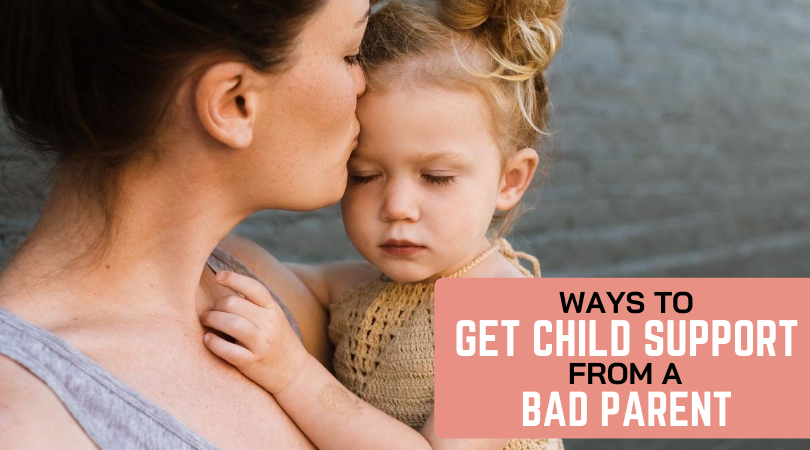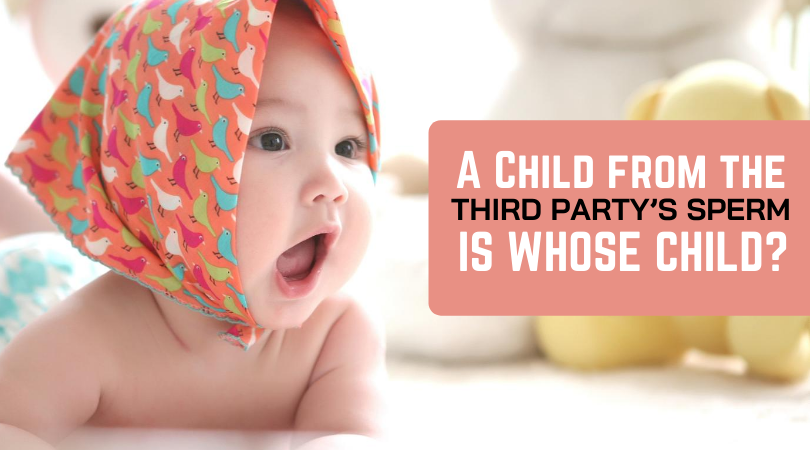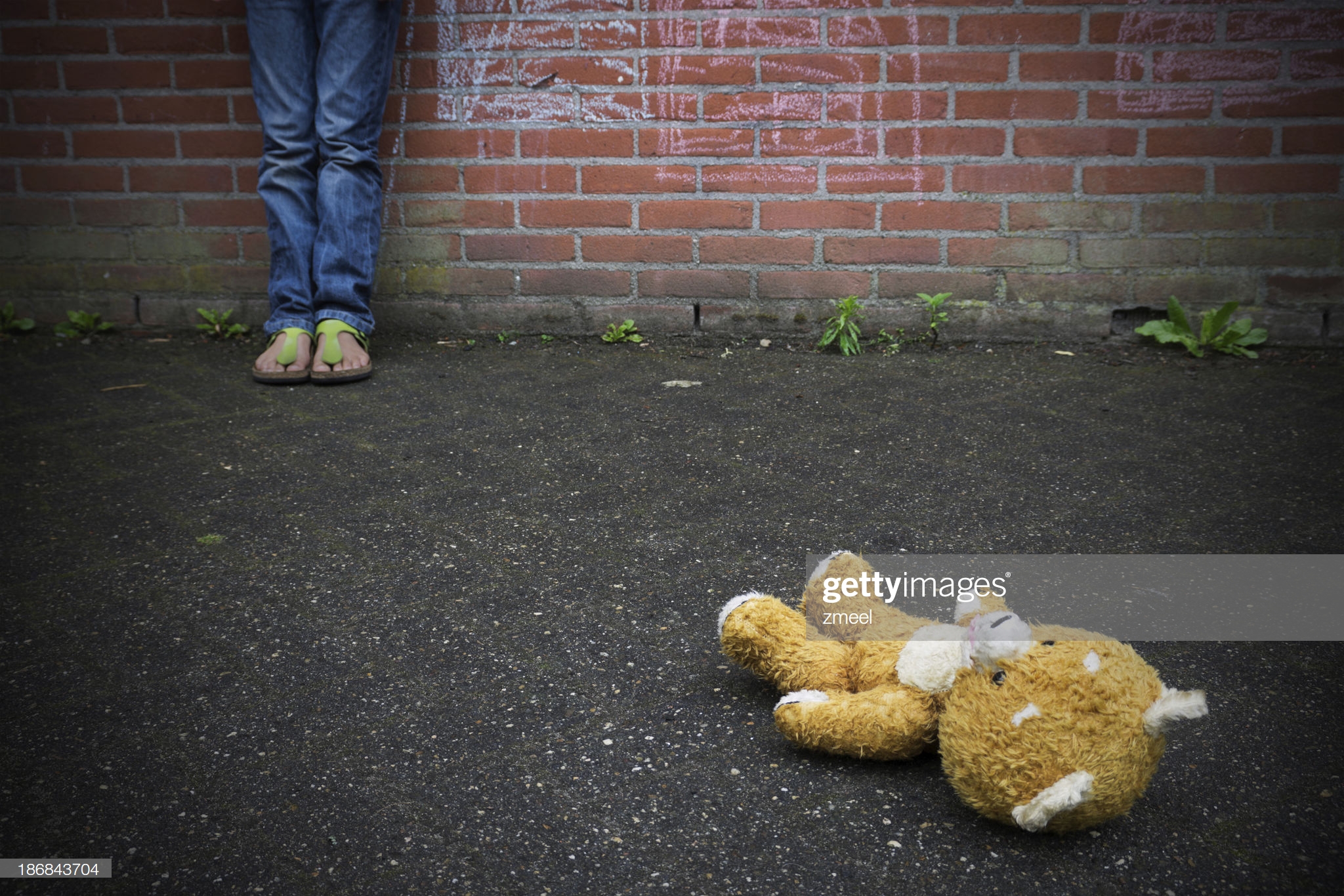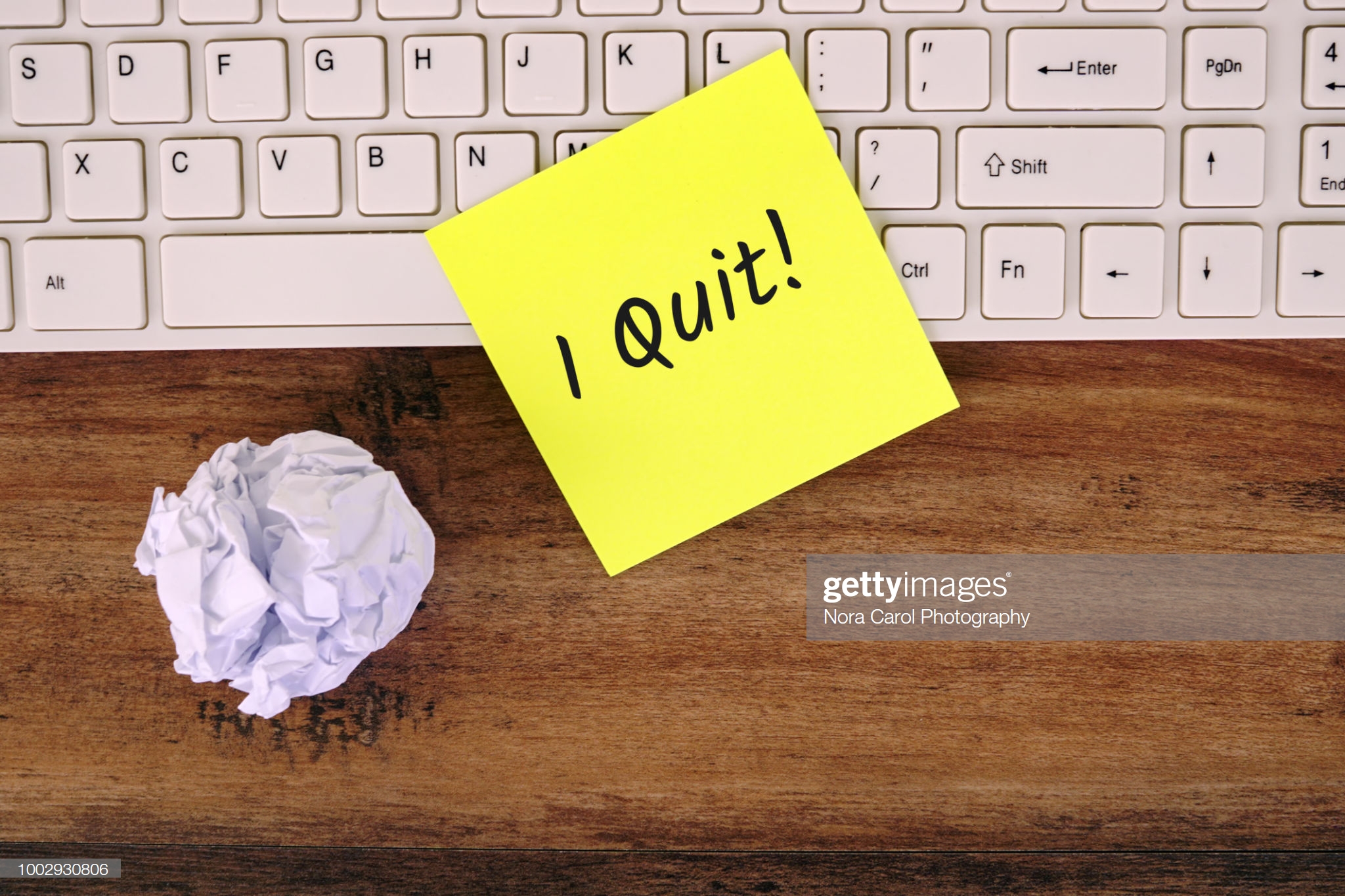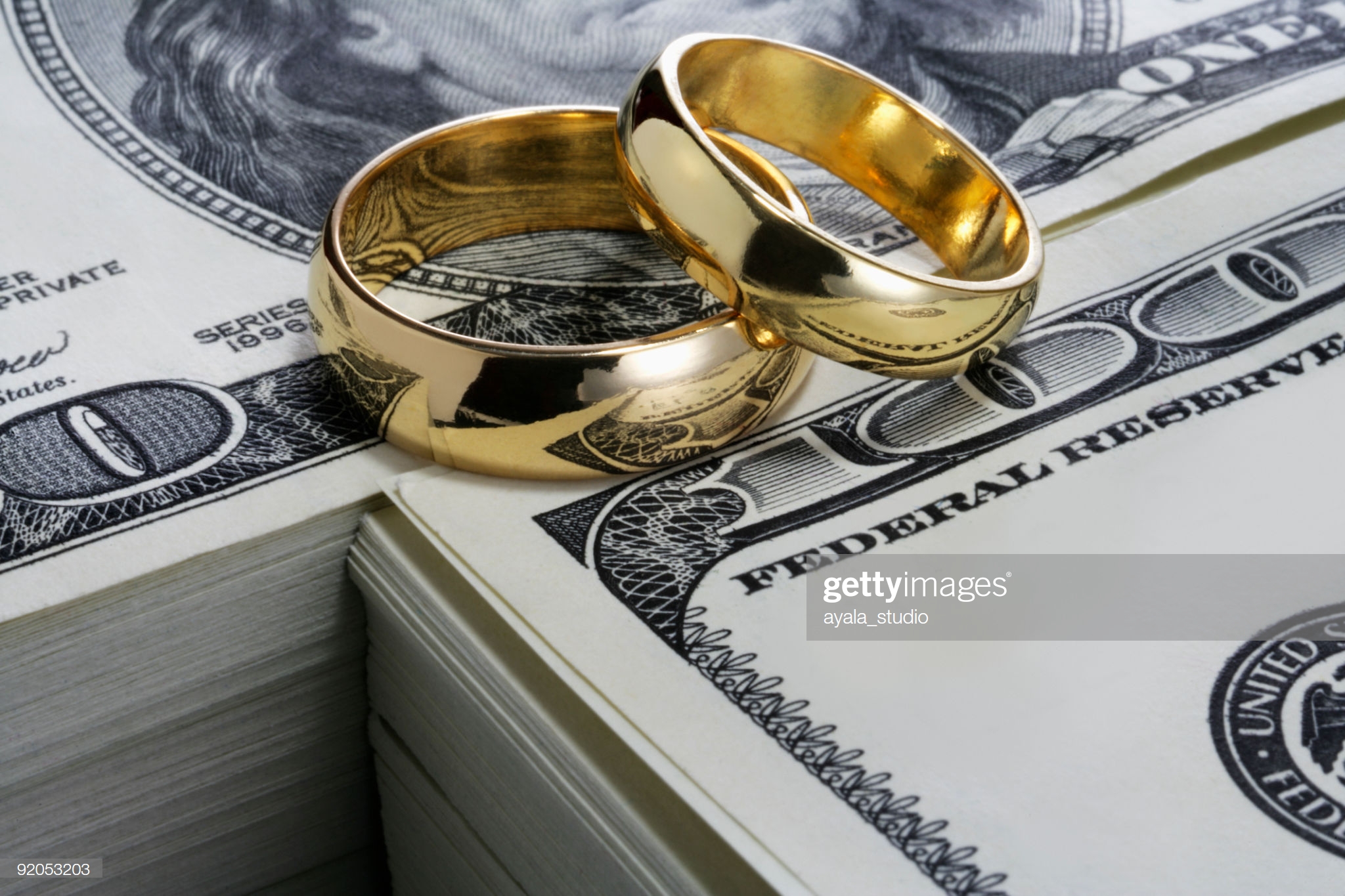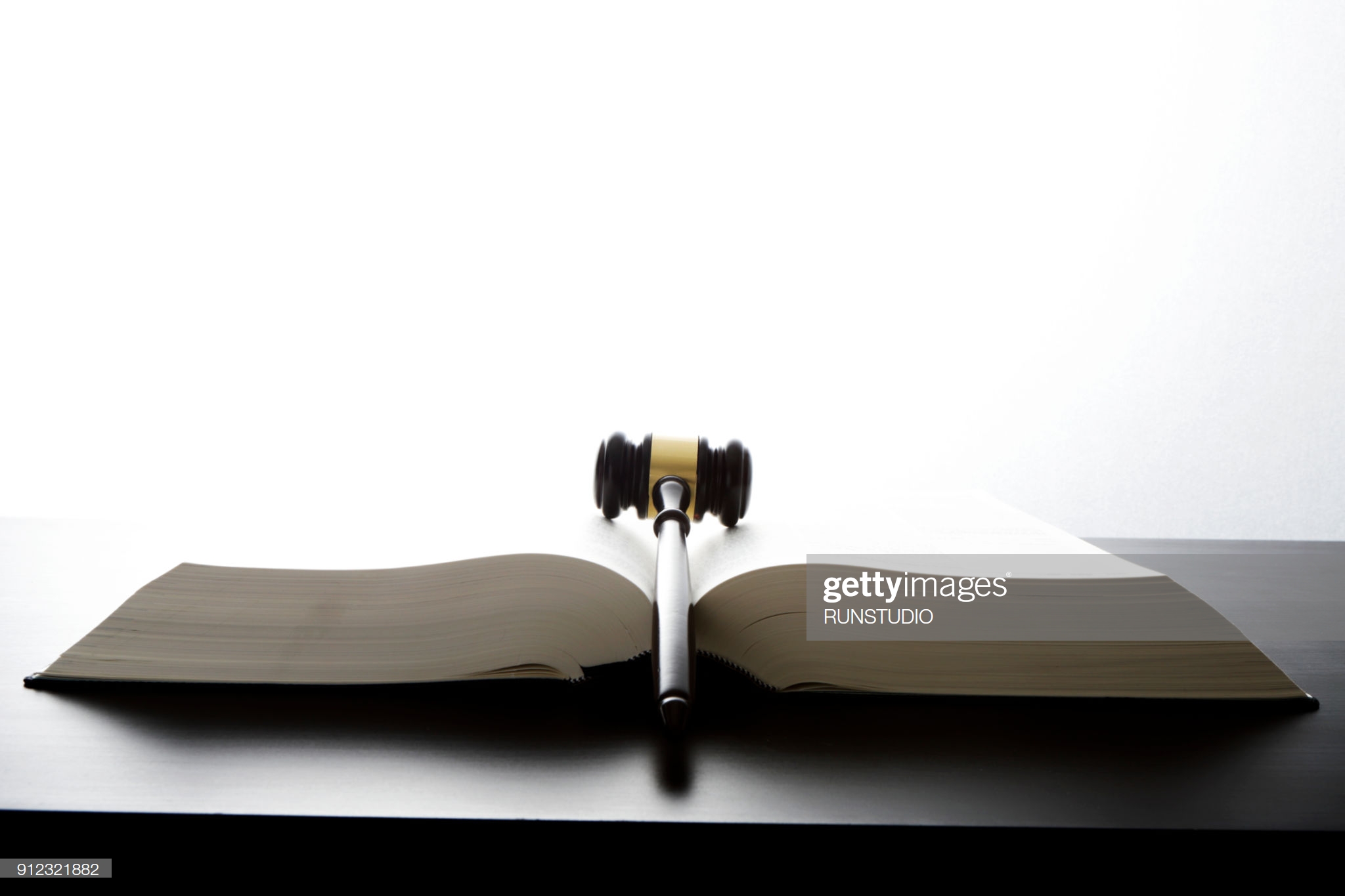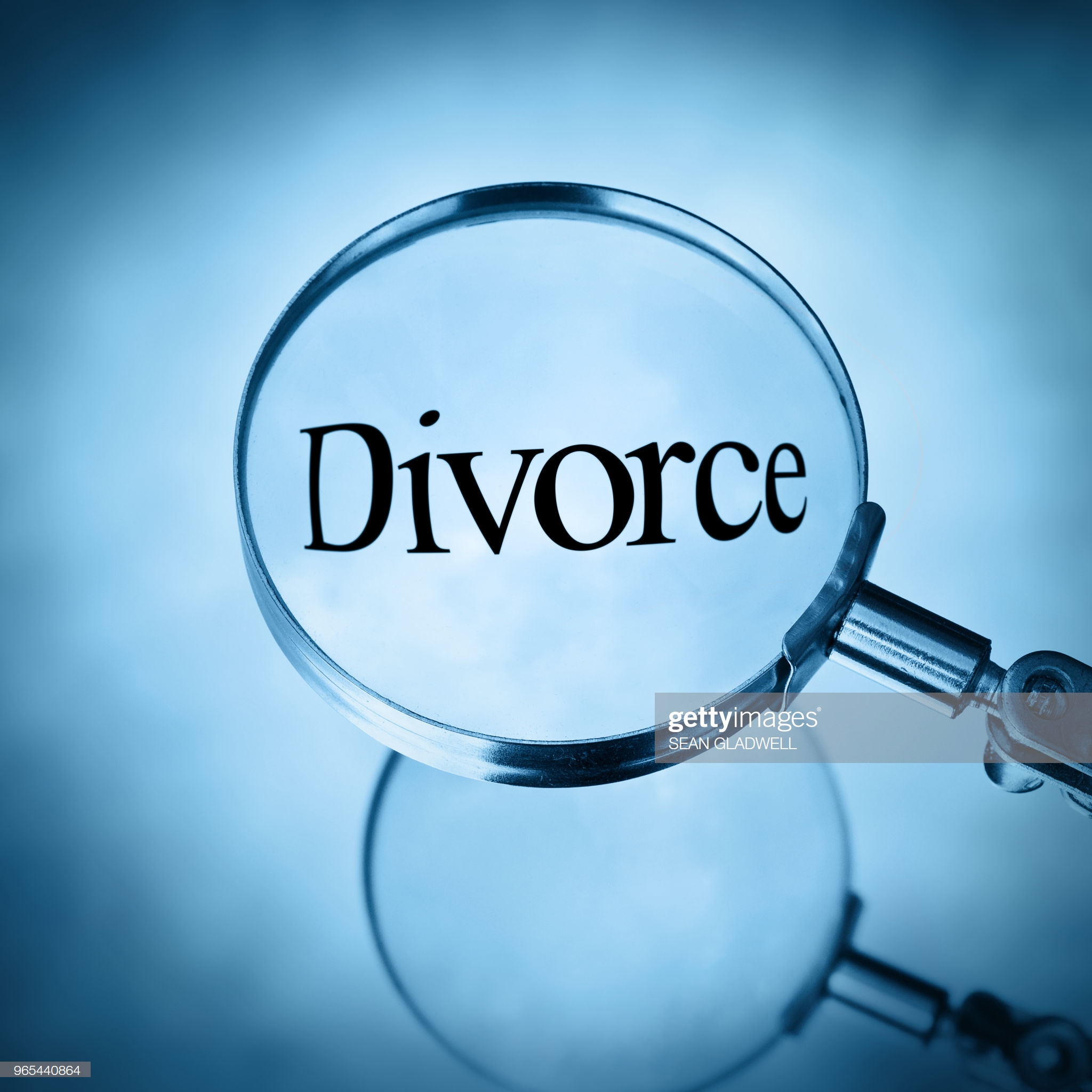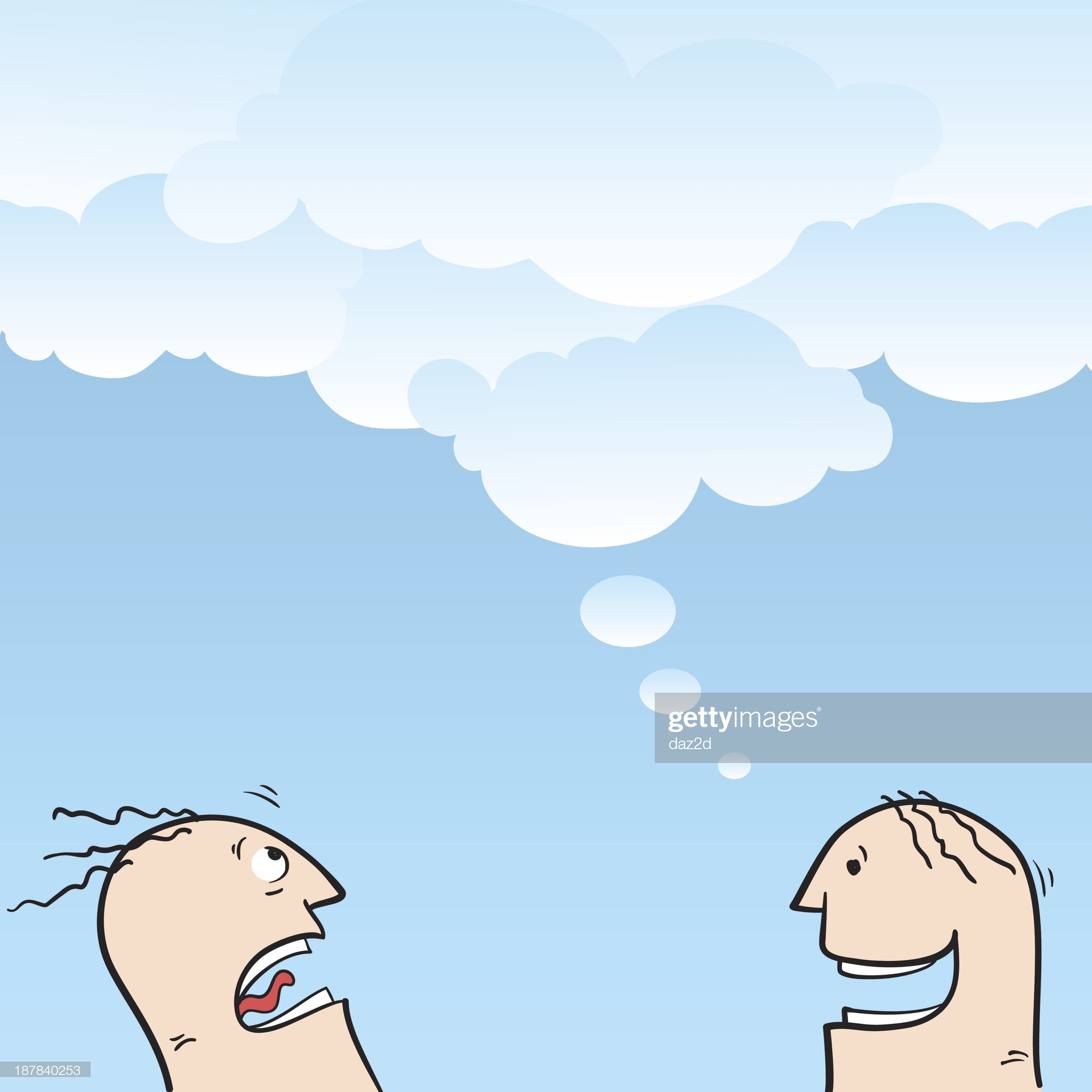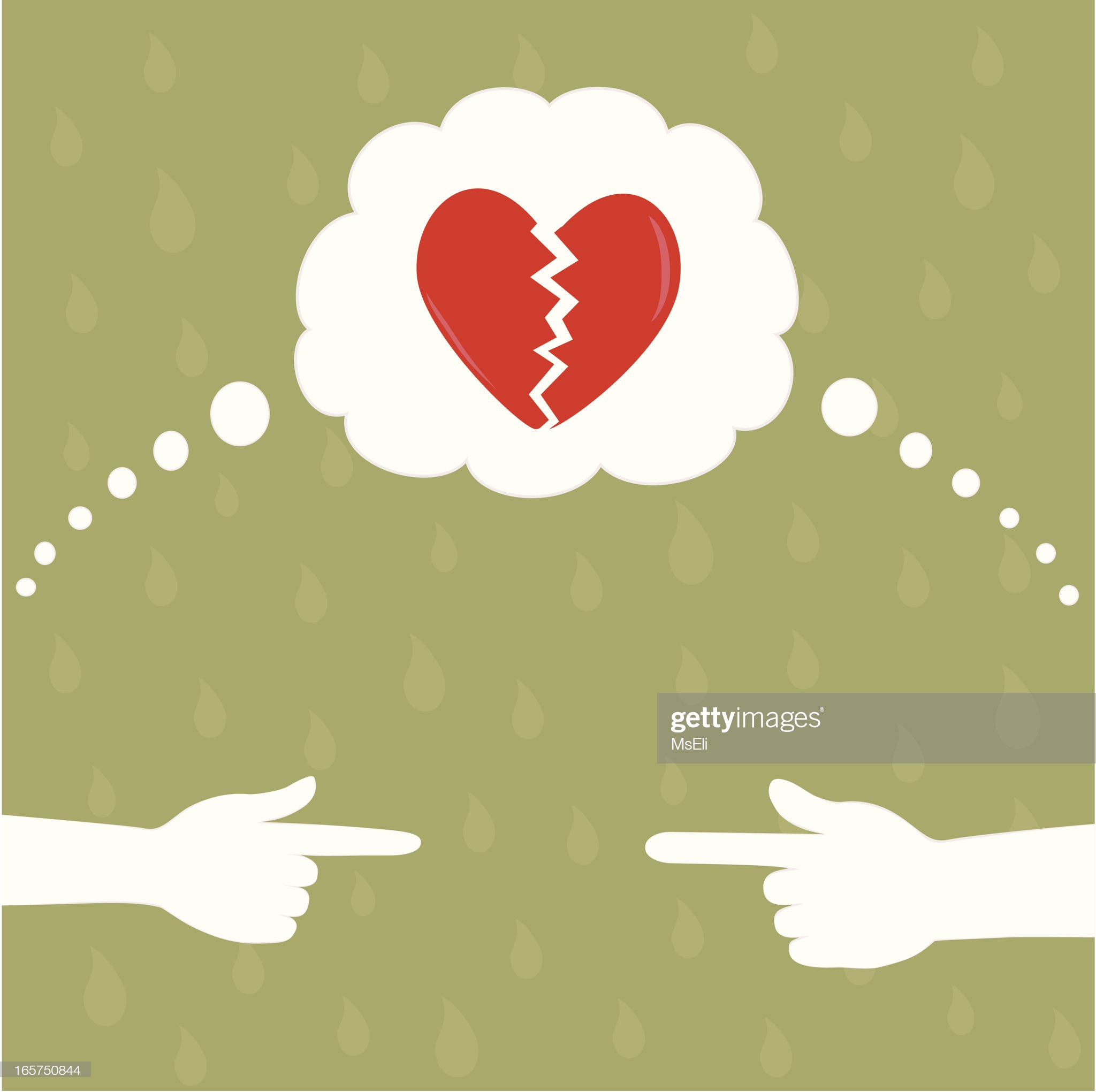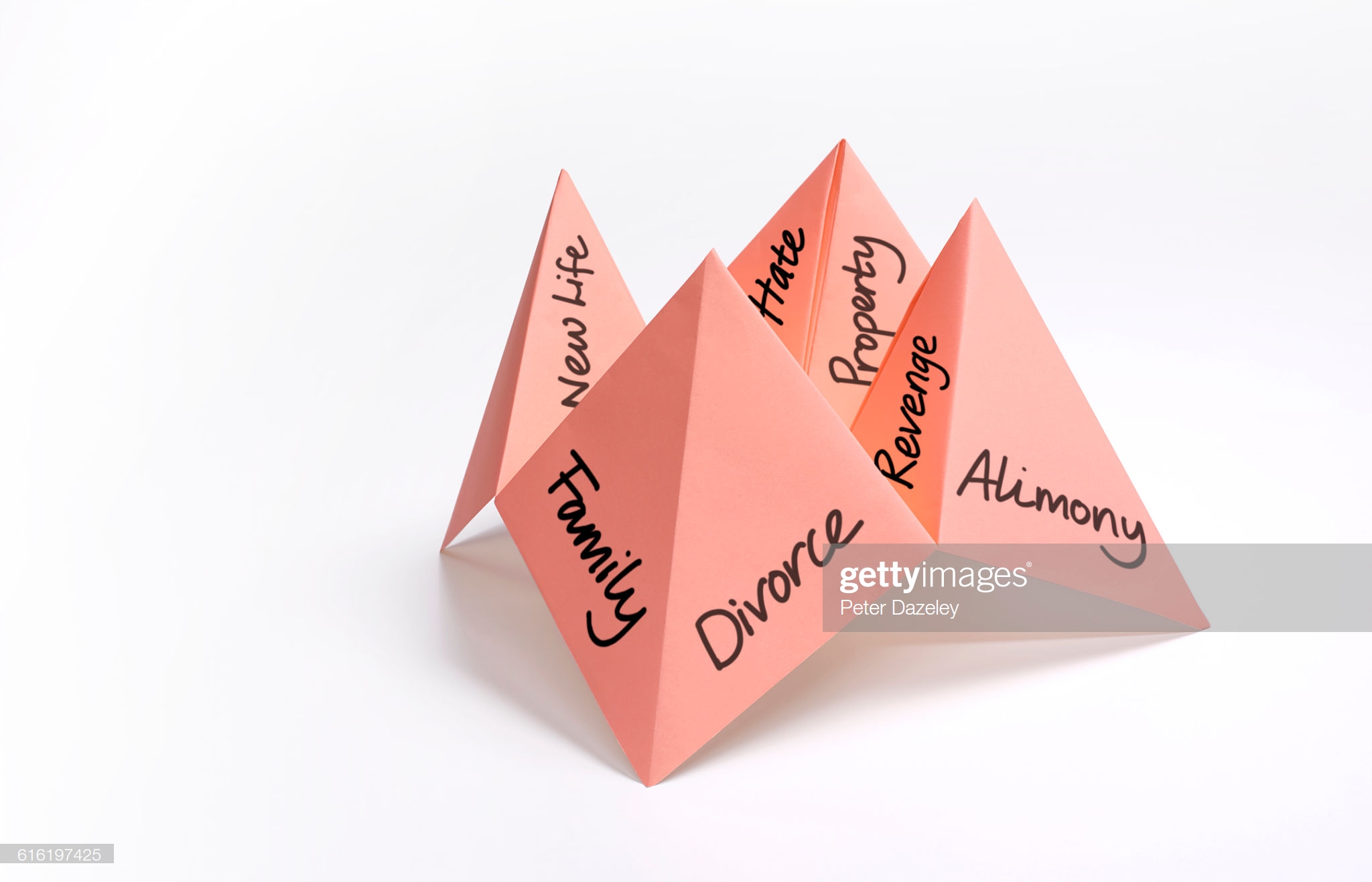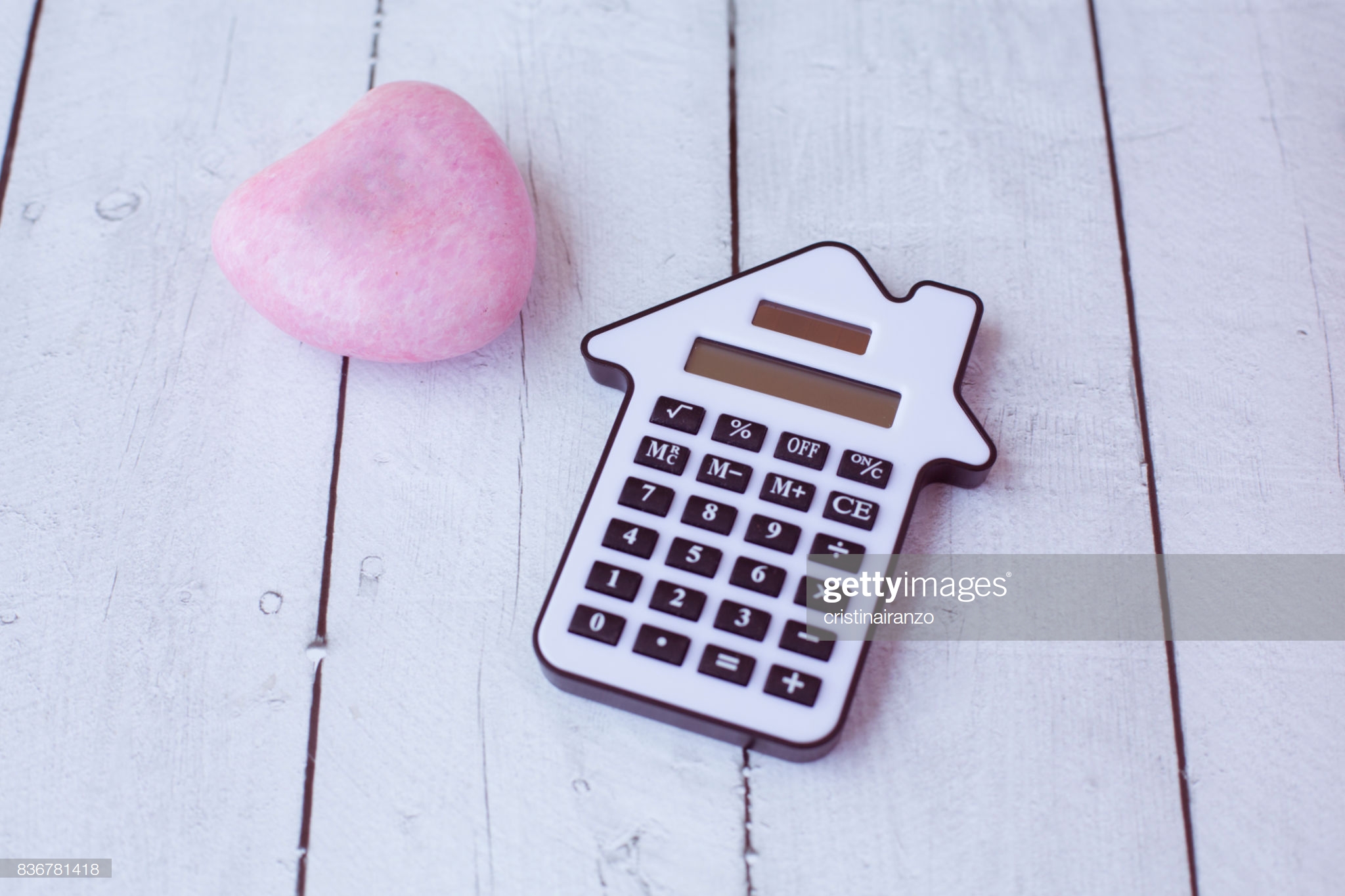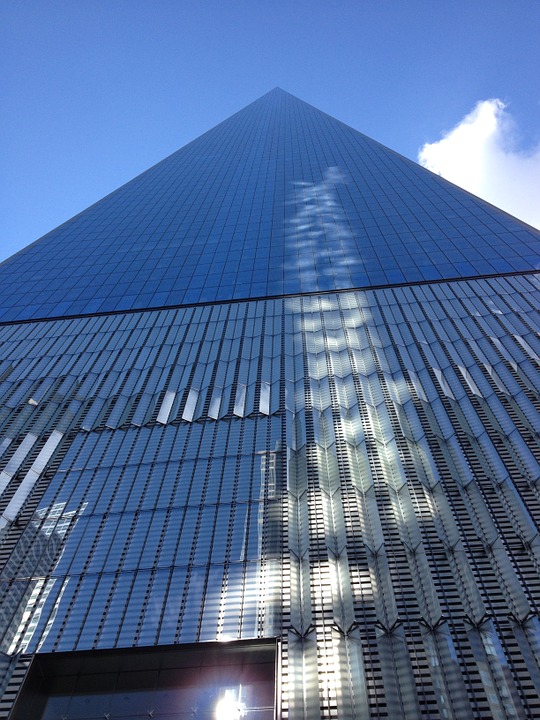Defamation by alleging facts can be justified?
December 26, 2019May the divorce claim raised by an at-fault spouse be granted in Korea?
December 26, 2019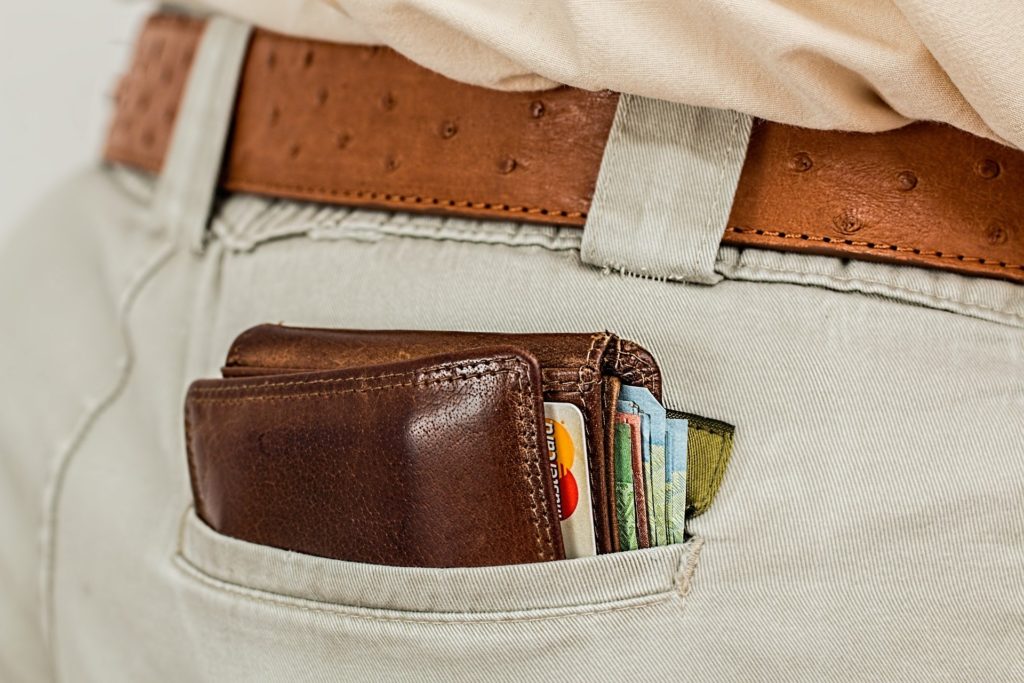
We are enticed by advertising phrases and buy things every day. By the way, what will you do when you find out the advertisements include false information or sellers lie to you after buying things?
Above all, you may wonder if it is fraud. Let’s check out the what Criminal Act prescribes on fraud. Please refer to the following Article;
Article 347 (Fraud)
(1) A person who defrauds another, thereby taking property or obtaining pecuniary advantage from another, shall be punished by imprisonment for not more than ten years or by a fine not exceeding 20 million won. <Amended by Act No. 5057, Dec. 29, 1995>
(2) The preceding paragraph shall apply to a person who, by the methods of the preceding paragraph, causes a third person to take property or to obtain pecuniary advantage from the latter.
The key issue in the Article is what ‘defraud’ means. According to court cases, to defraud is to break duties of good faith expected in business relations. There are several noteworthy court cases. The Supreme court ruled that it was a fraud to lie that imported beef ribs were domestic ones. There is also a court case stating that telling a lie that a new brand was one having old tradition was fraud. Therefore, if he or she lied to you about the goods, a seller would be charged for fraud.
In addition to criminal sue, there are other viable options to choose. For instance, you may claim refund to the seller. If he or she refuses to give you money back, you may consider civil suit. However, it takes long time for civil suit to proceed. Instead, you may request the mediation with Korean Consumer Agency.
Act on Fair Labeling and Advertising (hereafter referred to as the “Act”) is also worthwhile taking note. According to the Act, a business entity doing false or exaggerated labeling advertising shall be penalized. Additionally, it shall compensate the damage for the buyer. Please refer to the Articles of the Act.
Article 3 (Prohibition, etc. against Unfair Labeling or Advertising)
(1) No business entity, etc. shall place any of the following labeling or advertising that is likely to undermine fair trade order by deceiving or misleading consumers, or compel other business entities to do so:
1. False or exaggerated labeling or advertising;
2. Deceptive labeling or advertising;
3. Unfairly comparative labeling or advertising;
4. Slanderous labeling or advertising.
(2) Detailed concerning labeling or advertising referred to in each subparagraph of paragraph (1) shall be prescribed by Presidential Decree.
[This Article Wholly Amended by Act No. 11050, Sep. 15, 2011]
Article 10 (Obligation to Compensate for Damage)
(1) Where any person has suffered damage from unfair labeling or advertising which violates Article 3 (1), business entities, etc. shall be obligated to compensate for such damage to the aggrieved person.
(2) No business entities, etc. obligated to compensate for damage pursuant to paragraph (1) shall be exempted from such obligation, on the ground that damage has not been caused by intention or negligence.
[This Article Wholly Amended by Act No. 11050, Sep. 15, 2011]
Article 17 (Penalty Provisions)
Any person who falls under any of the following subparagraphs shall be punished by imprisonment with labor for not more than two years or by a fine not exceeding 150 million won:
1. A business entity, etc. who places unfair labeling or advertising in violation of Article 3 (1), or who compels other business entities, etc. to do so;
2. A person who fails to comply with orders issued under Article 6 (3) or Article 7 (1).
[This Article Wholly Amended by Act No. 11050, Sep. 15, 2011]
For further inquiries, please request a consultation (https://lawyerhwang.com/consultation/).
All rights reserved.
Related posts
Blog Articles
Contact Information
201, 160, Seochojungang-ro, Seocho-gu, Seoul, Republic of korea.
Phone: +82-2-535-1235
Mobile: 010 5349 1235
Fax: +82-2-536-1236
Email: [email protected]


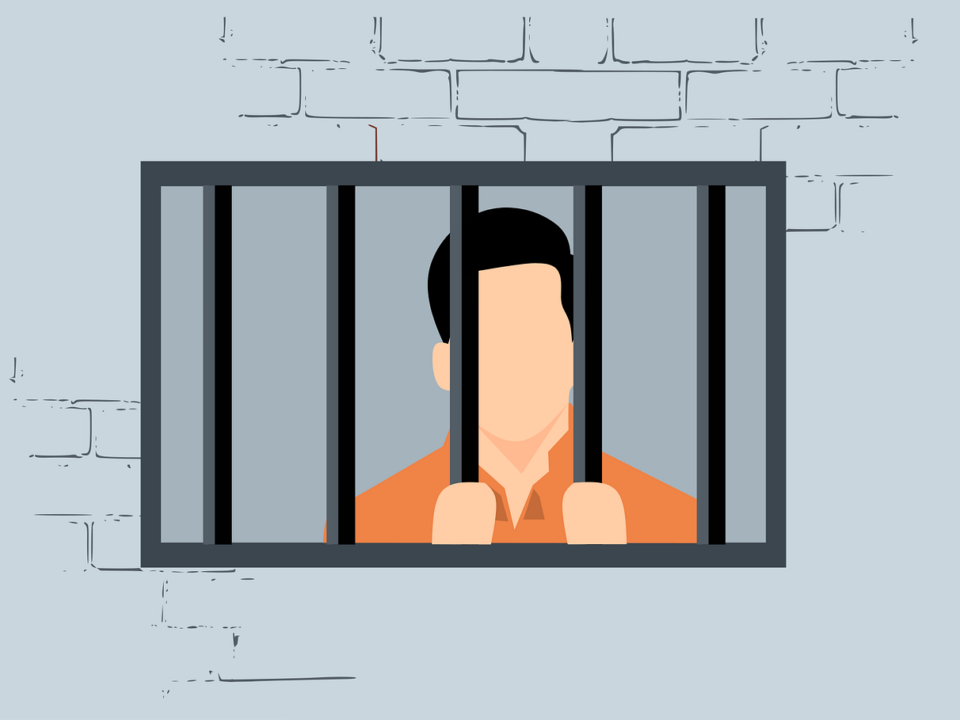


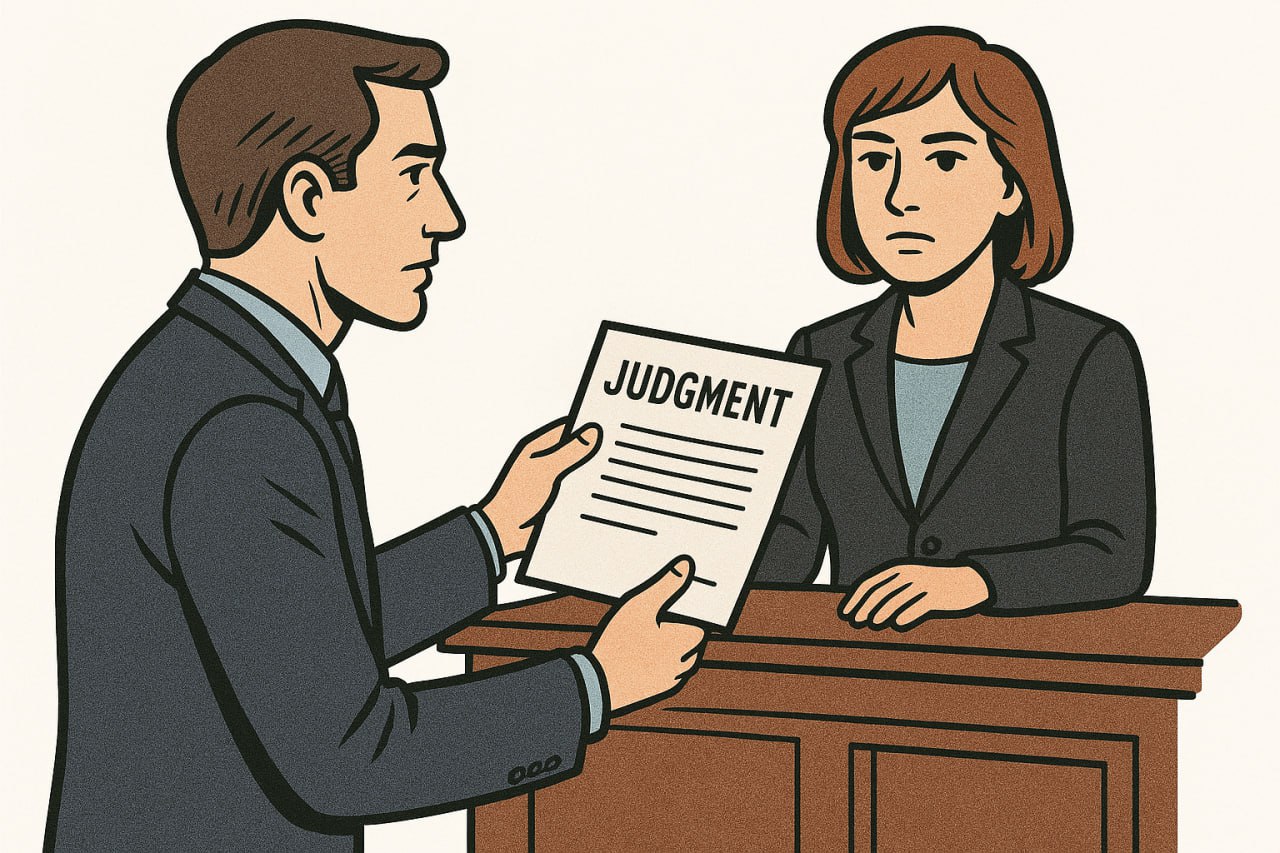

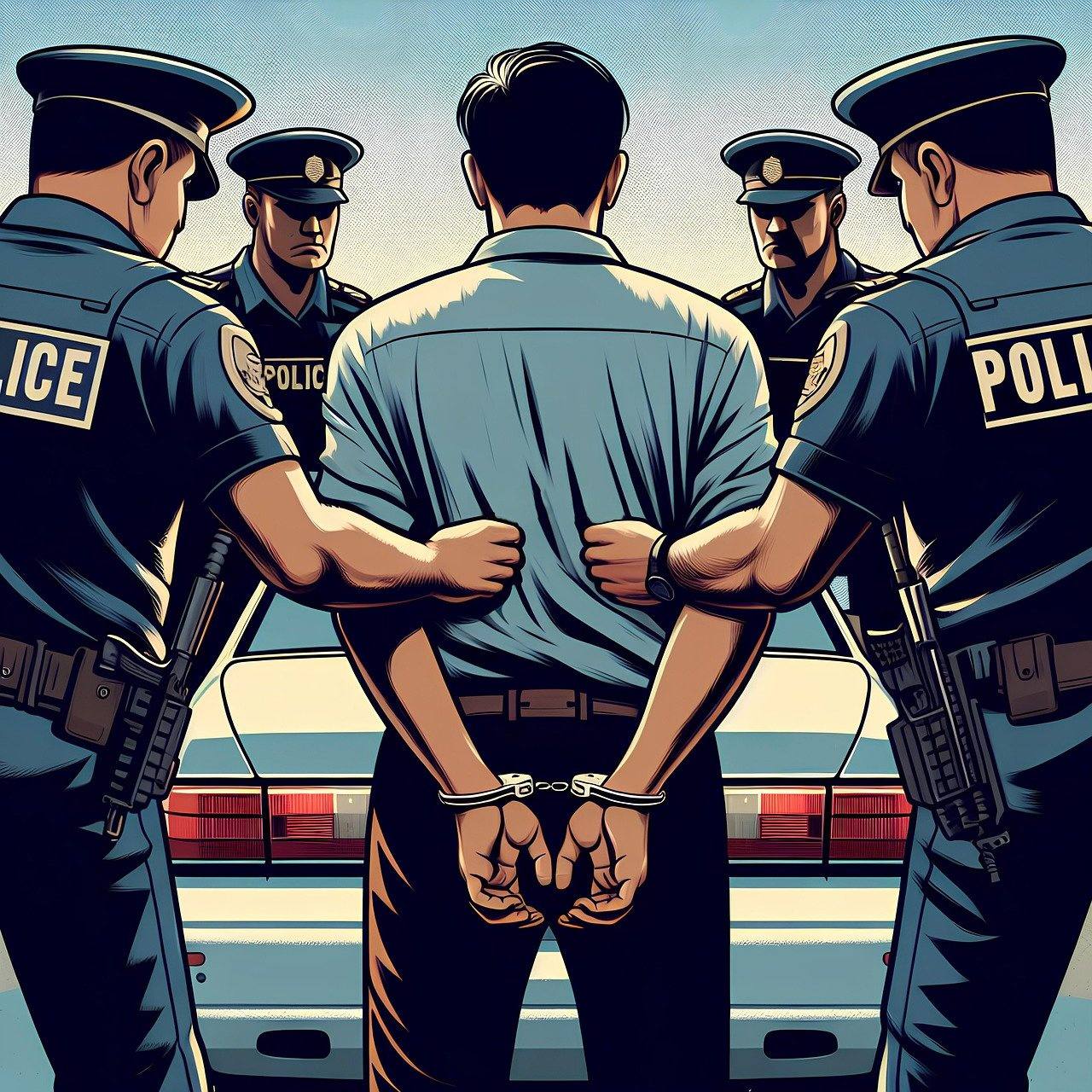

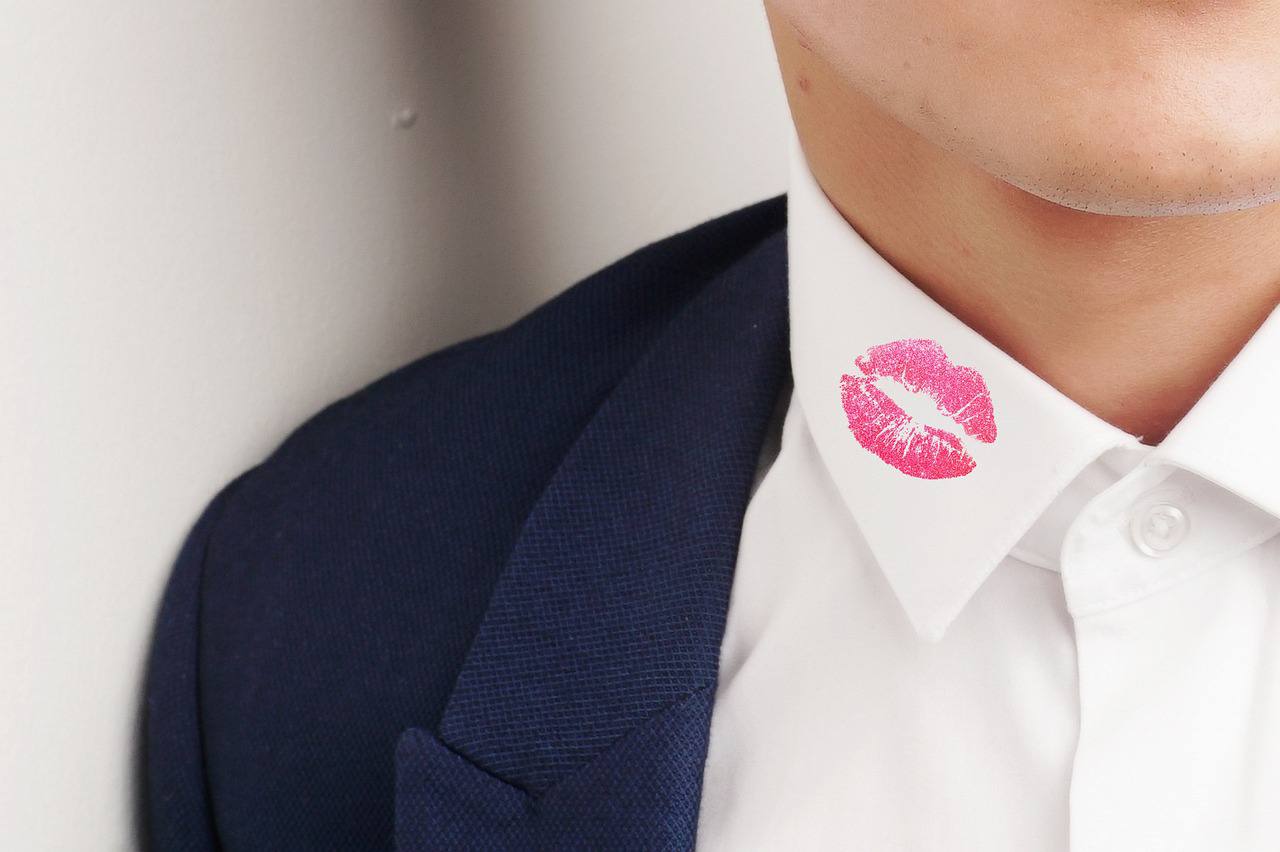








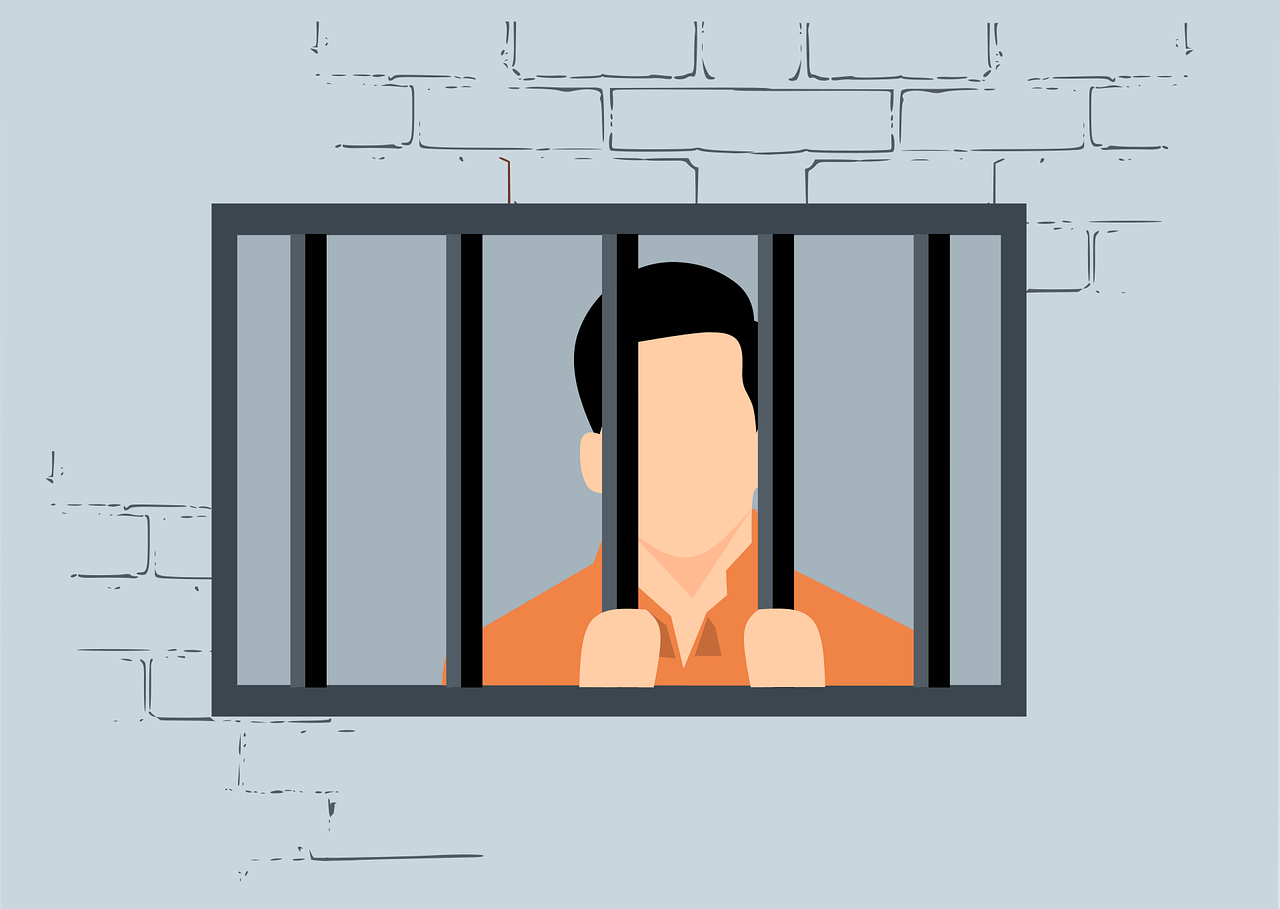

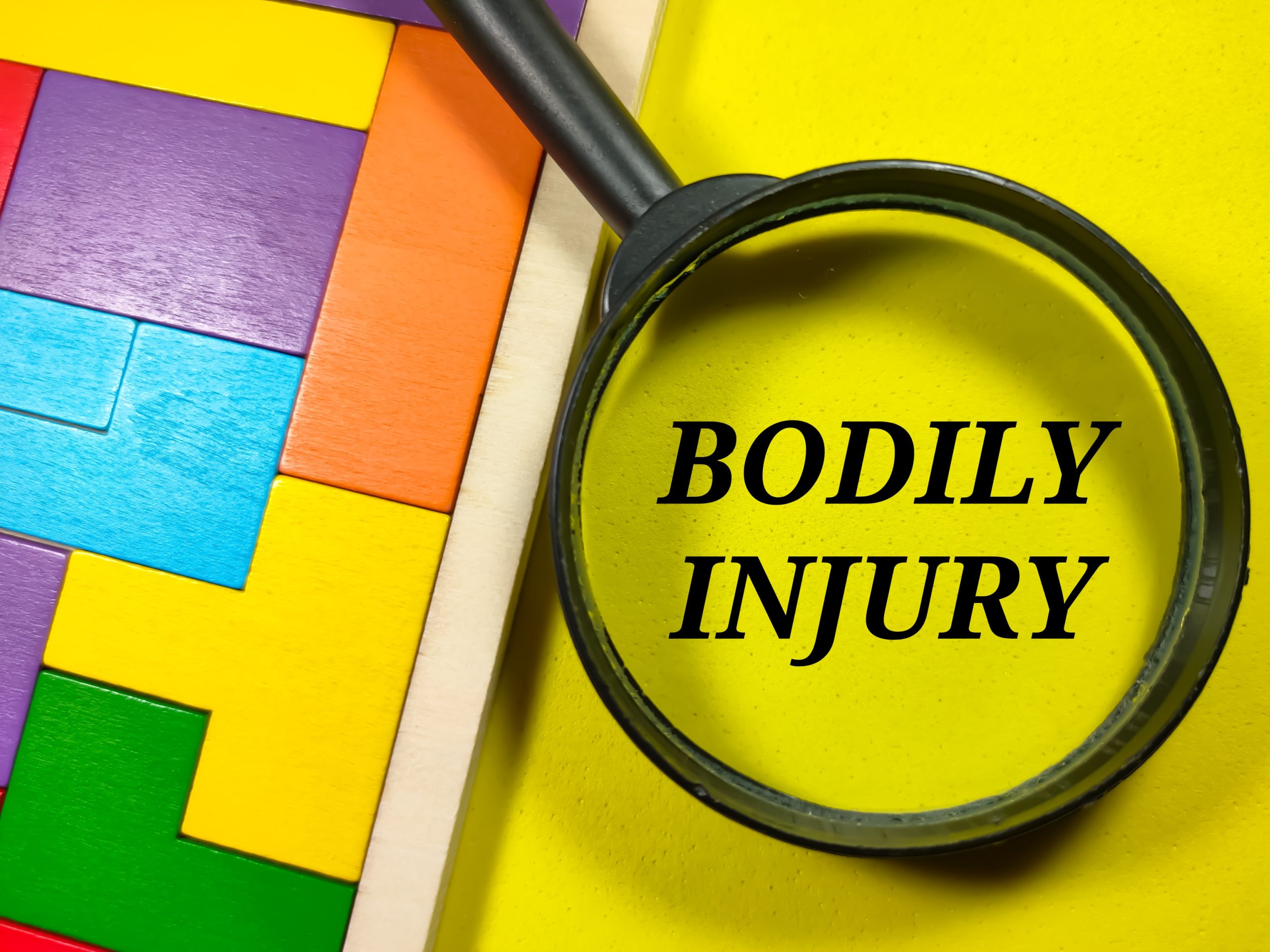
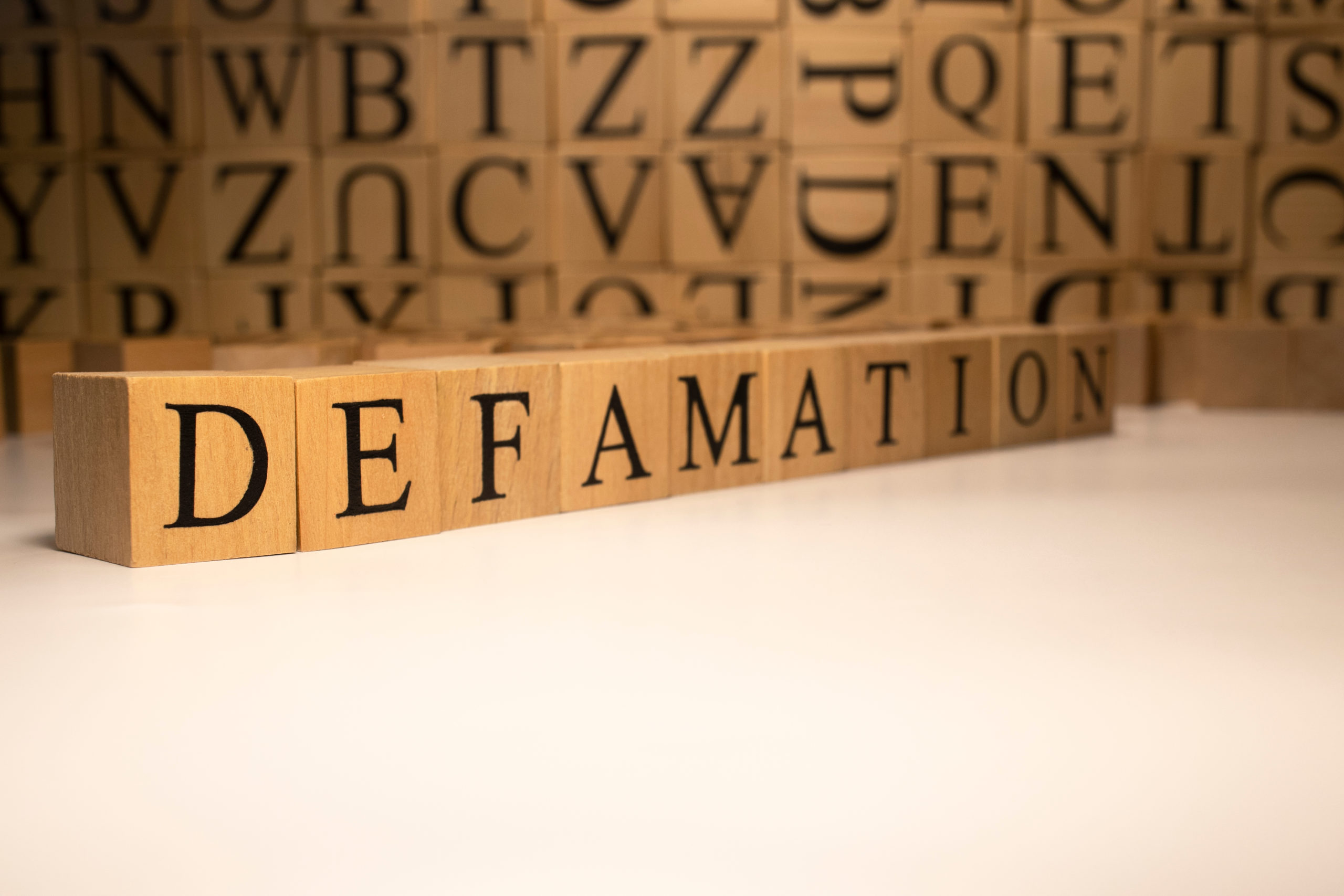
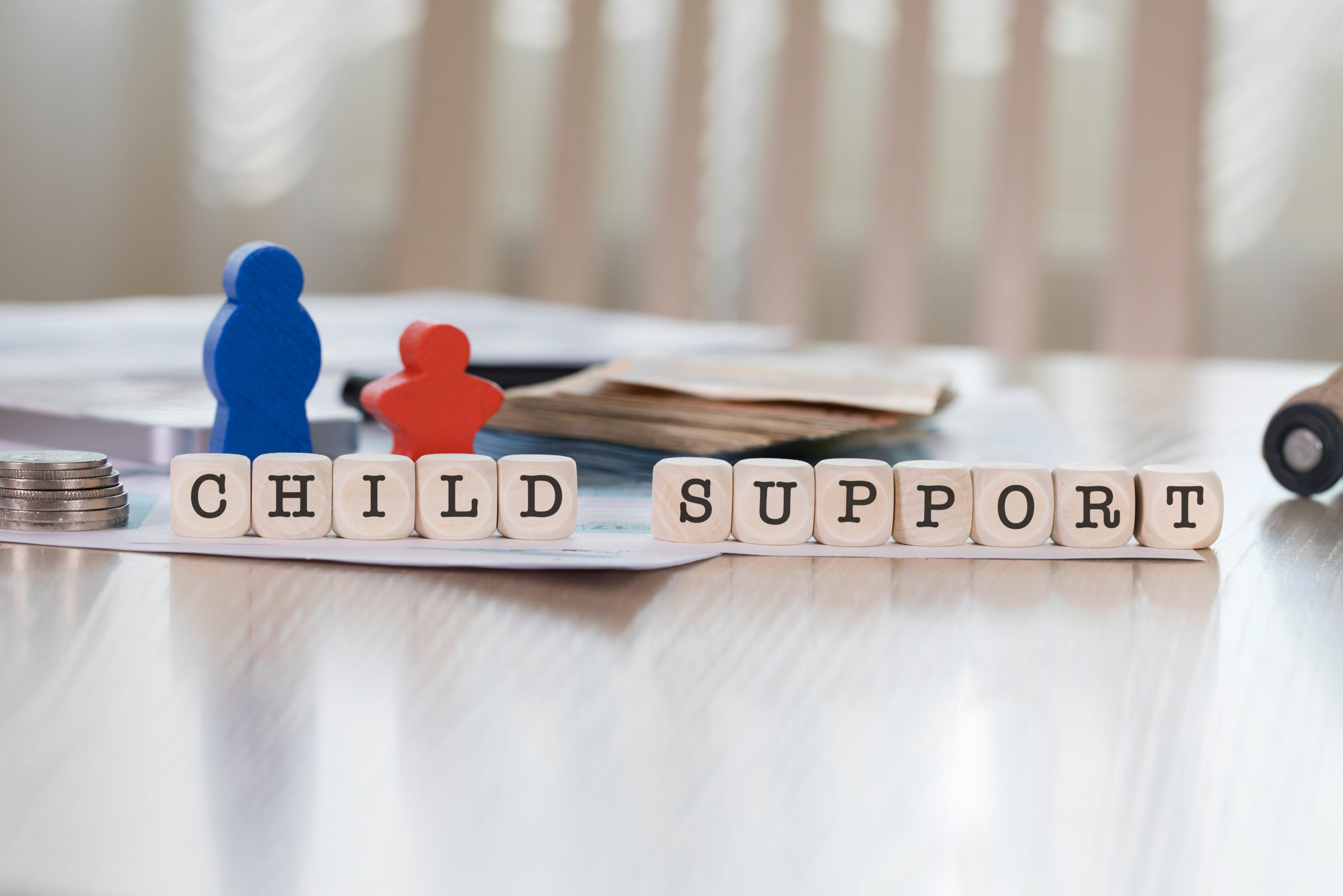

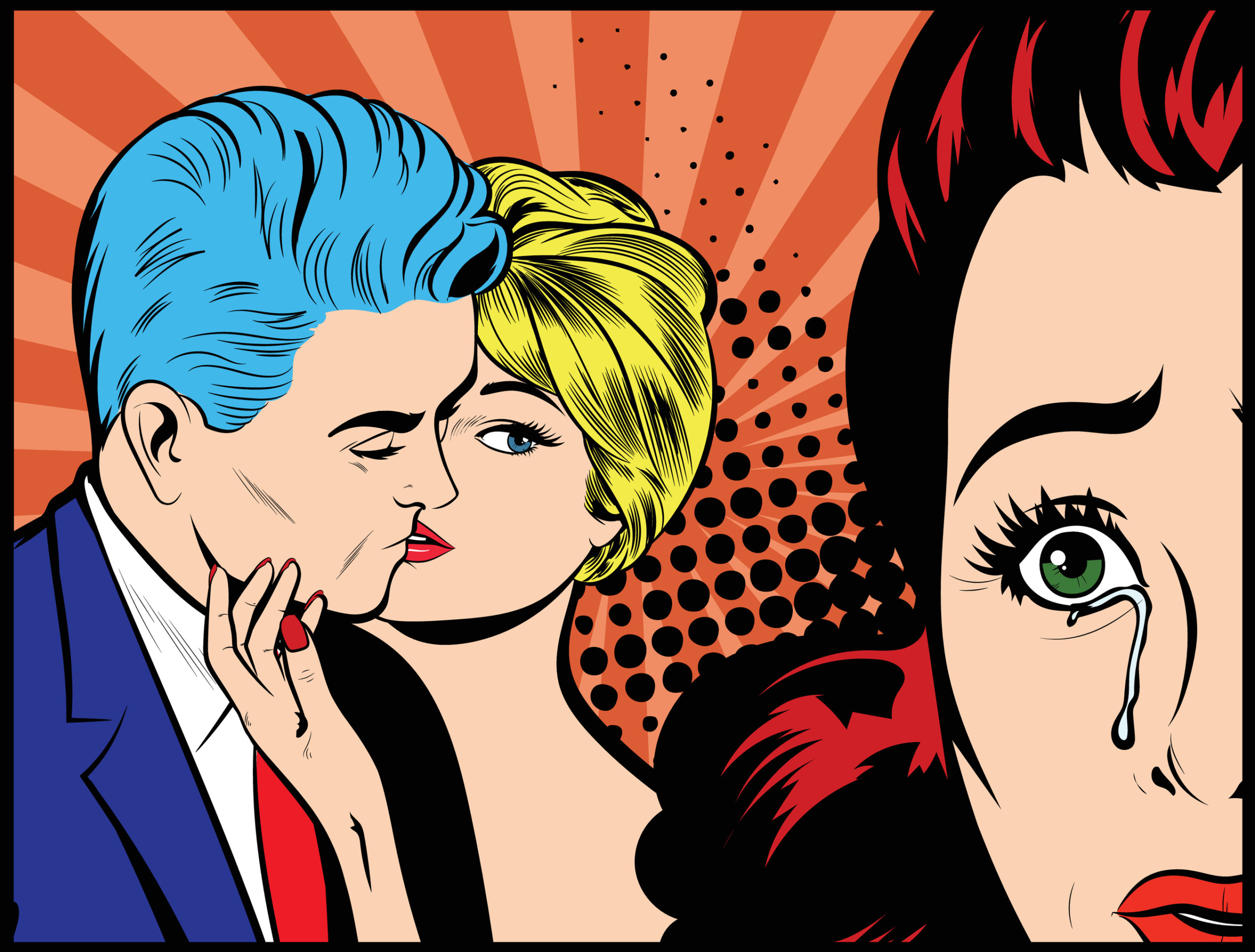
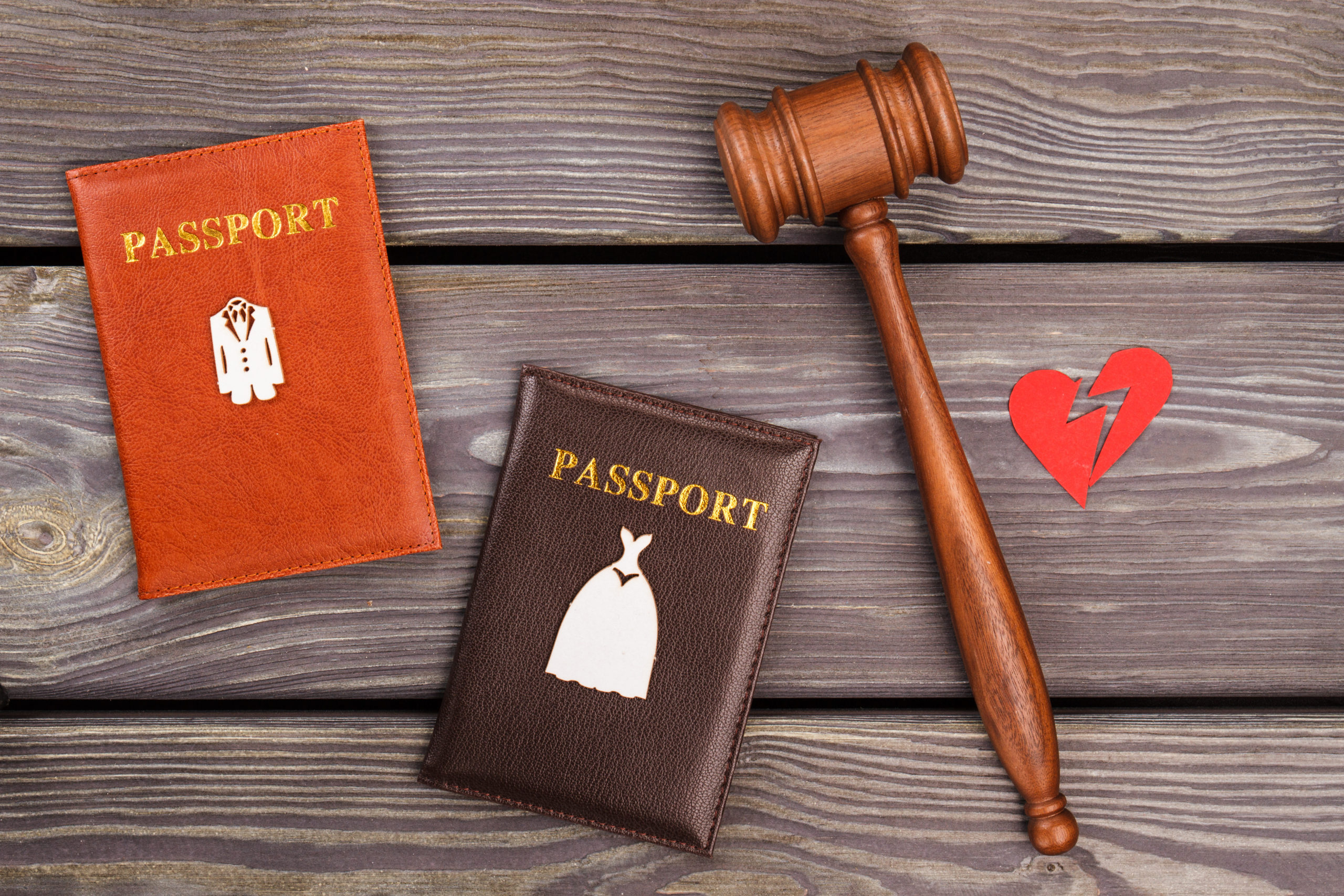
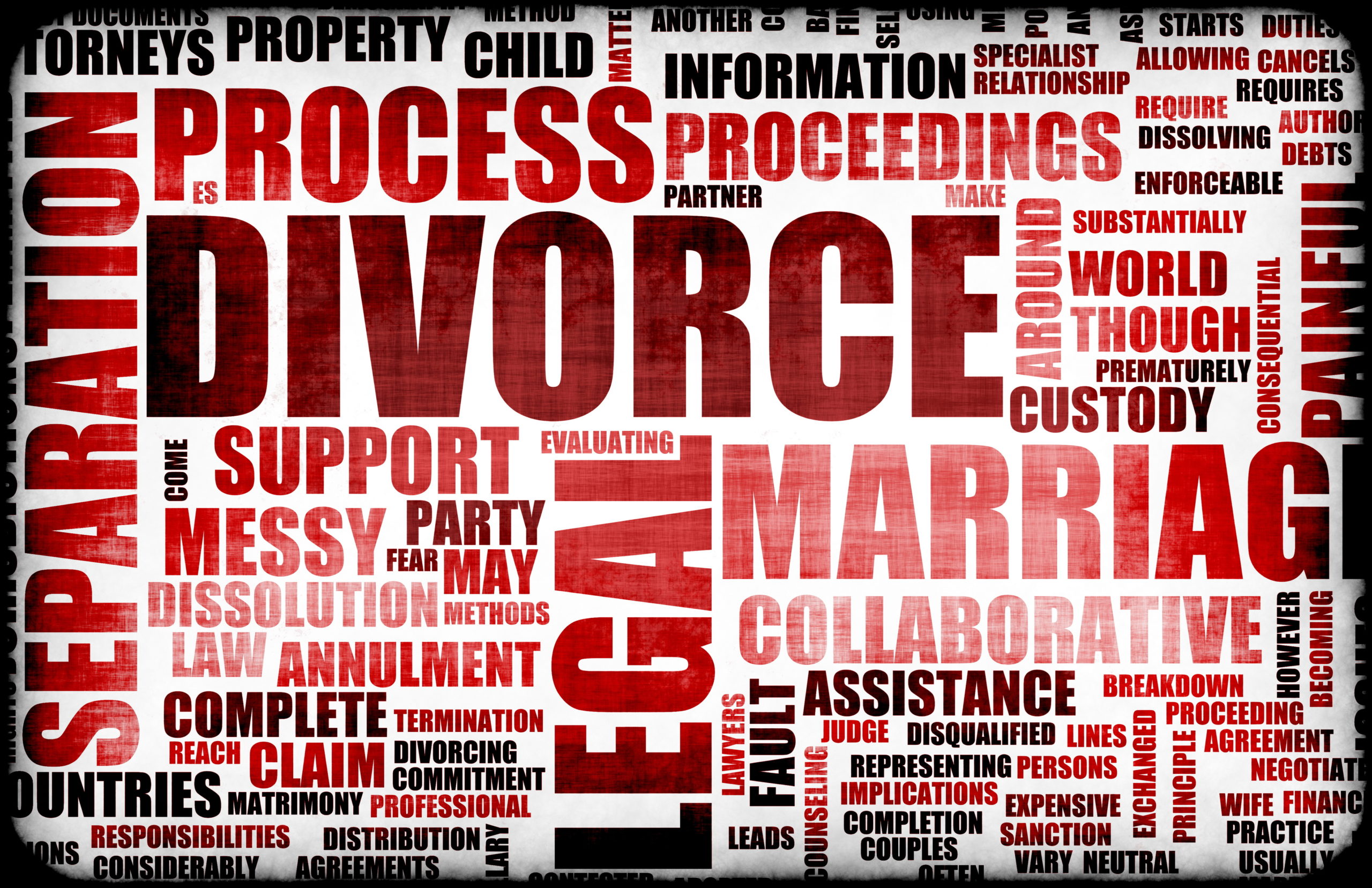
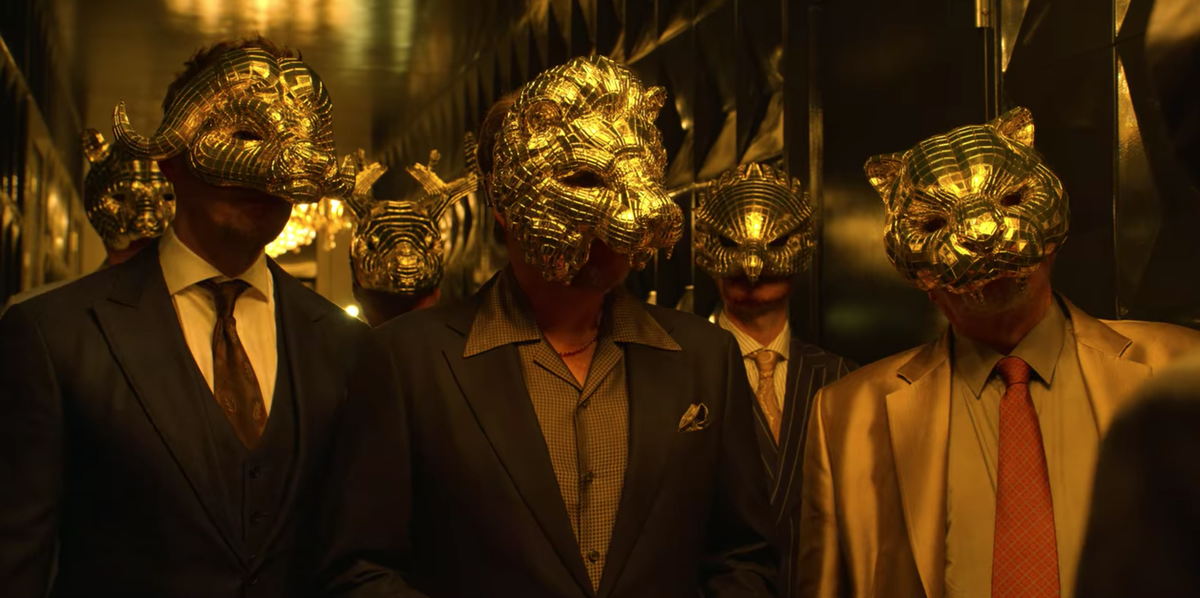



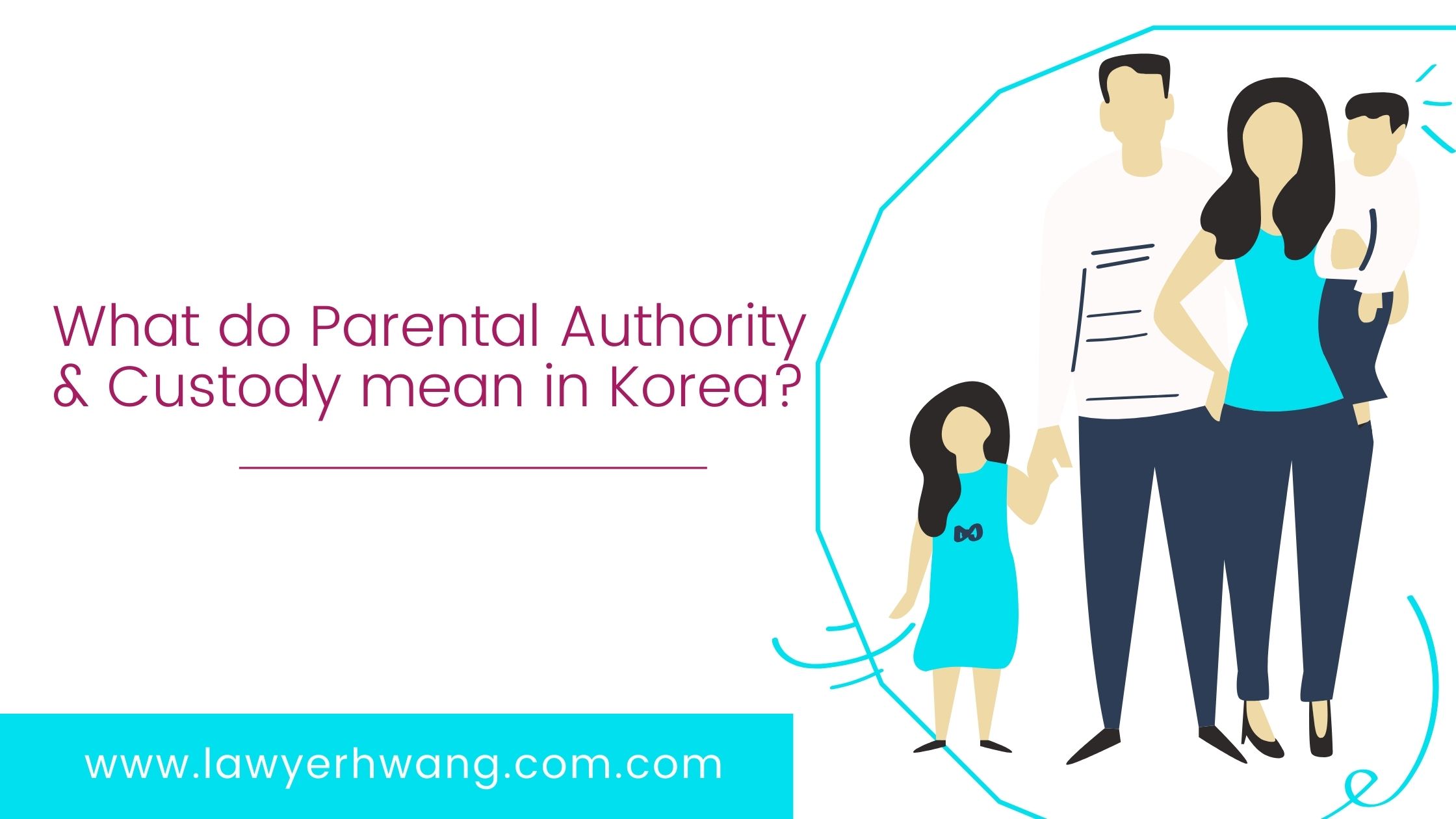
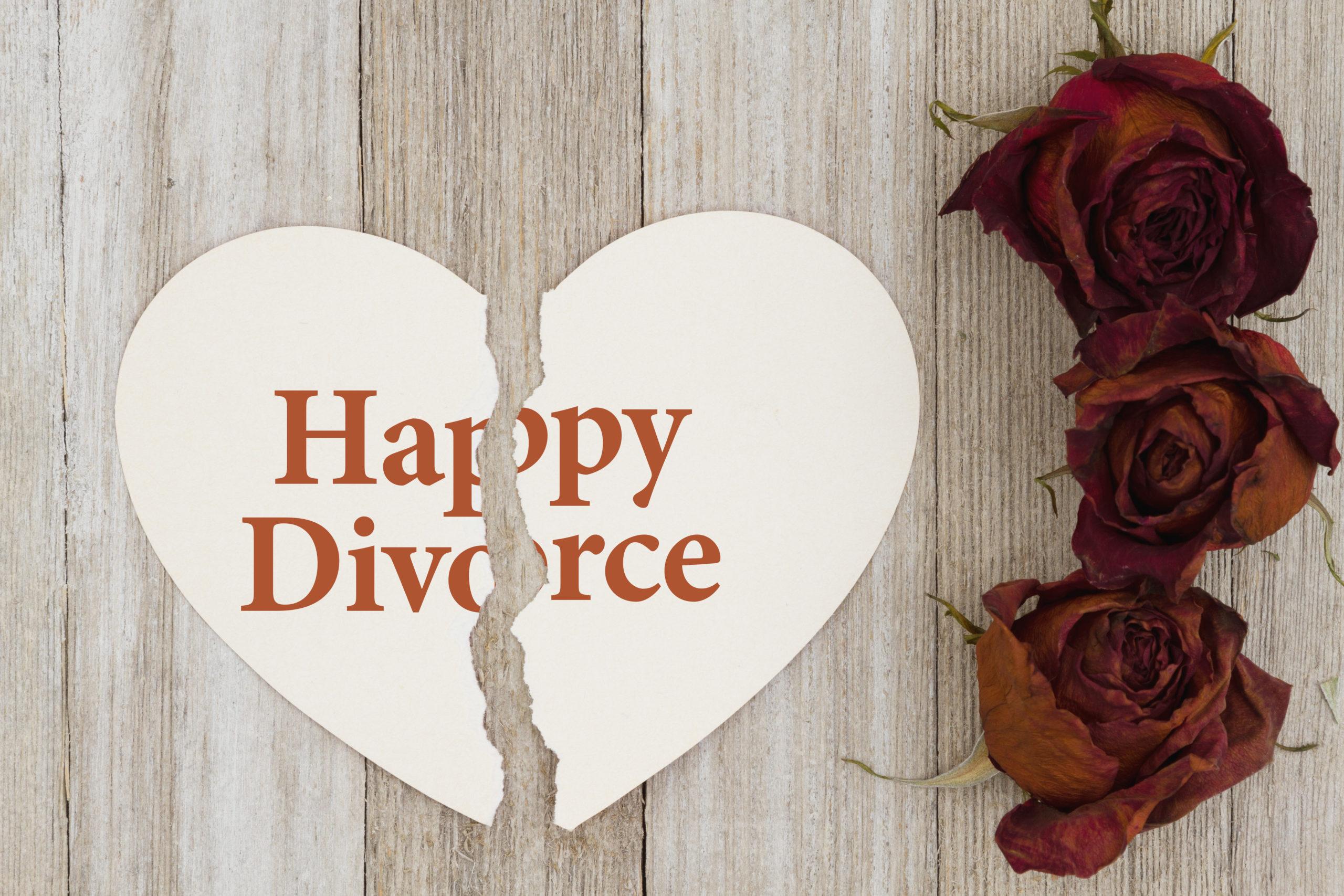
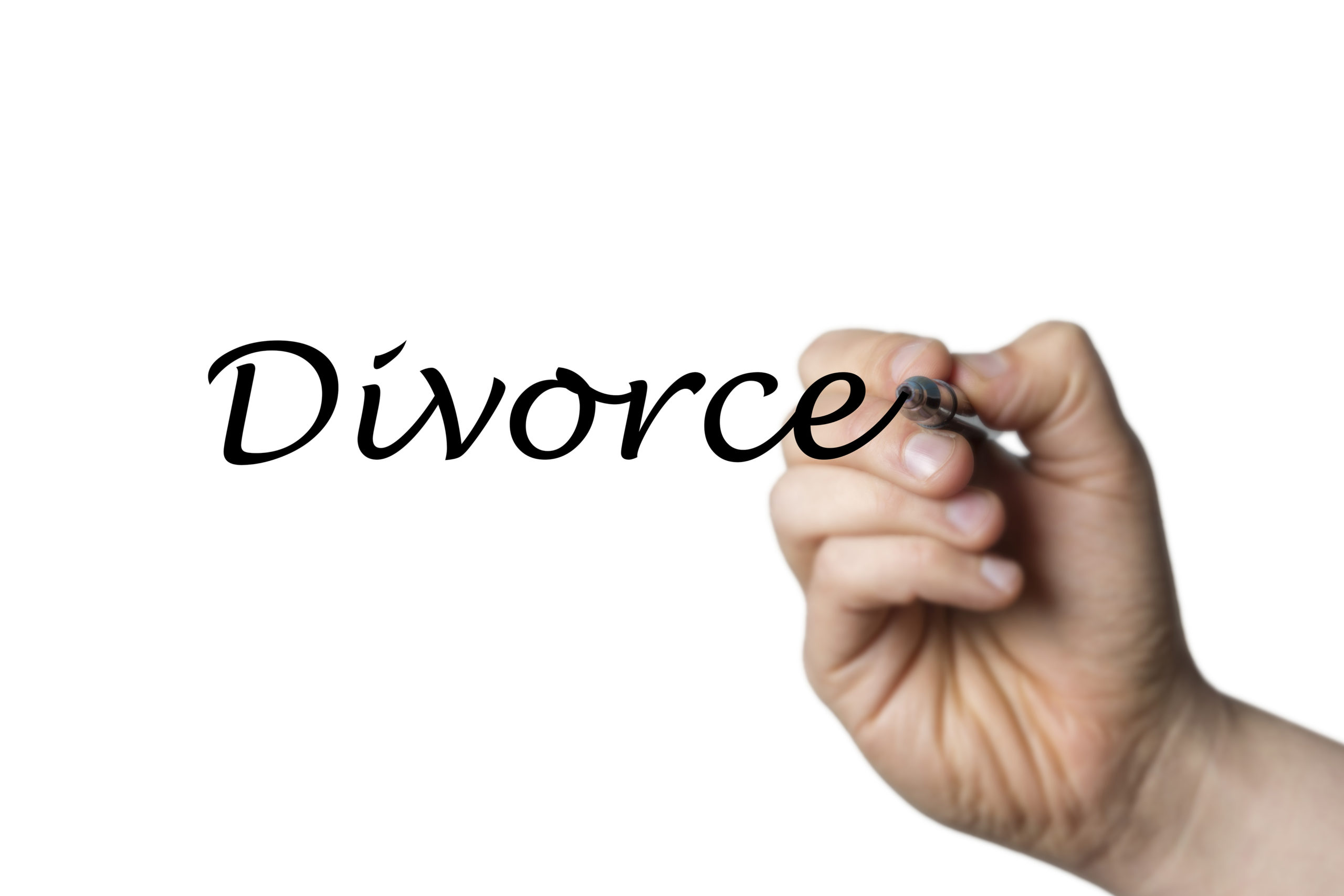
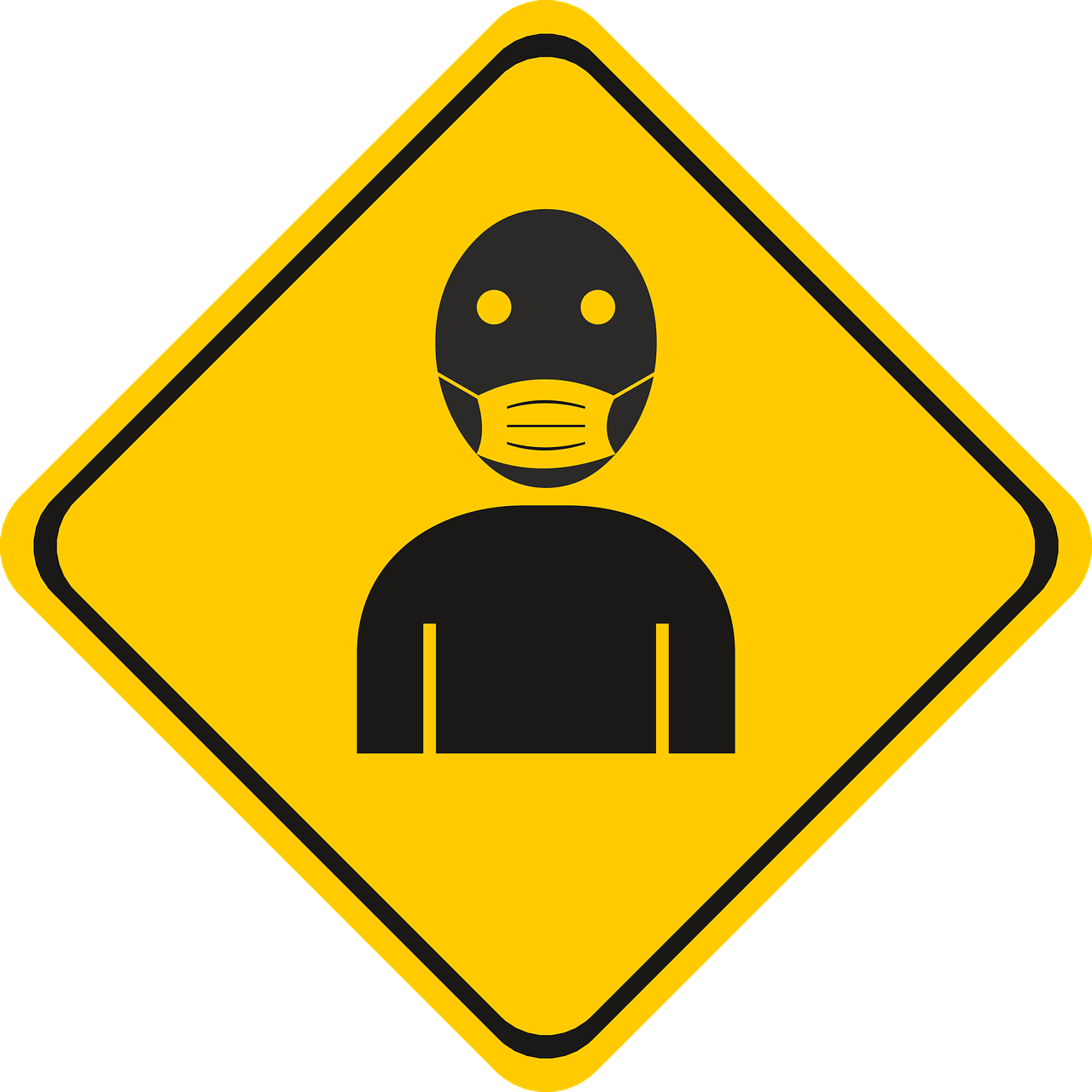
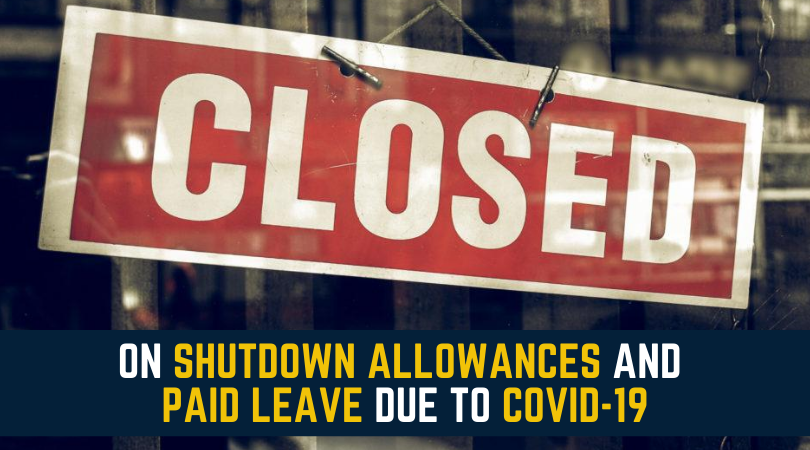
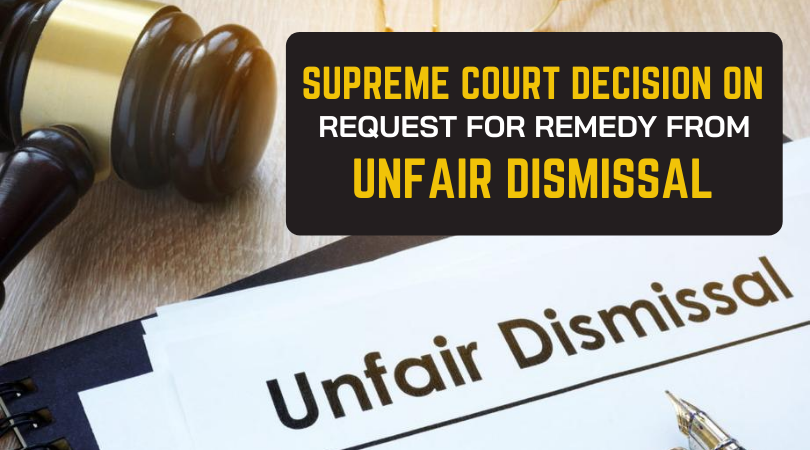
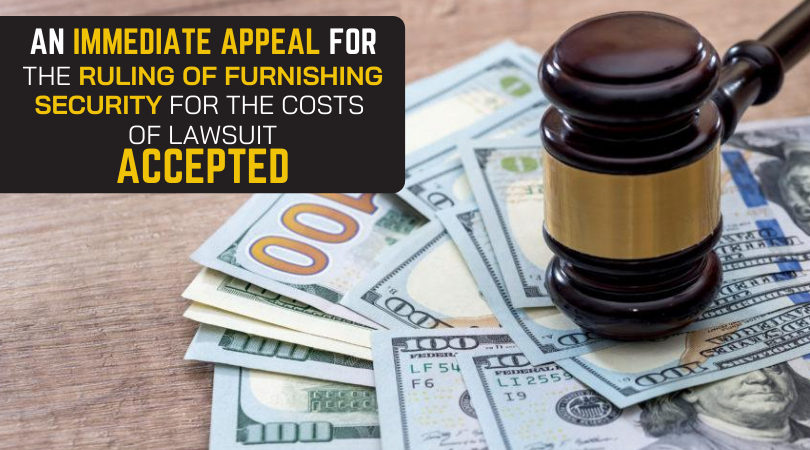
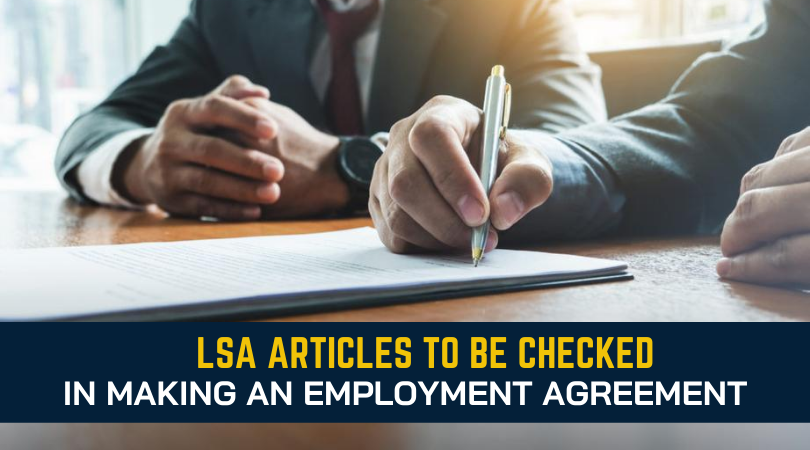
![[Supreme Court Decision – Criminal Law] – On Intent of Defamation](https://lawyerhwang.com/wp-content/uploads/2020/03/Supreme-Court-Decision-–-Criminal-Law-–-On-Intent-of-Defamation.png)
![[Supreme Court Decision – Criminal Law] – On Uploading a “Torrent File” of Obscene Videos](https://lawyerhwang.com/wp-content/uploads/2020/03/Supreme-Court-Decision-–-Criminal-Law-On-Uploading-a-“Torrent-File”-of-Obscene-Videos.png)
